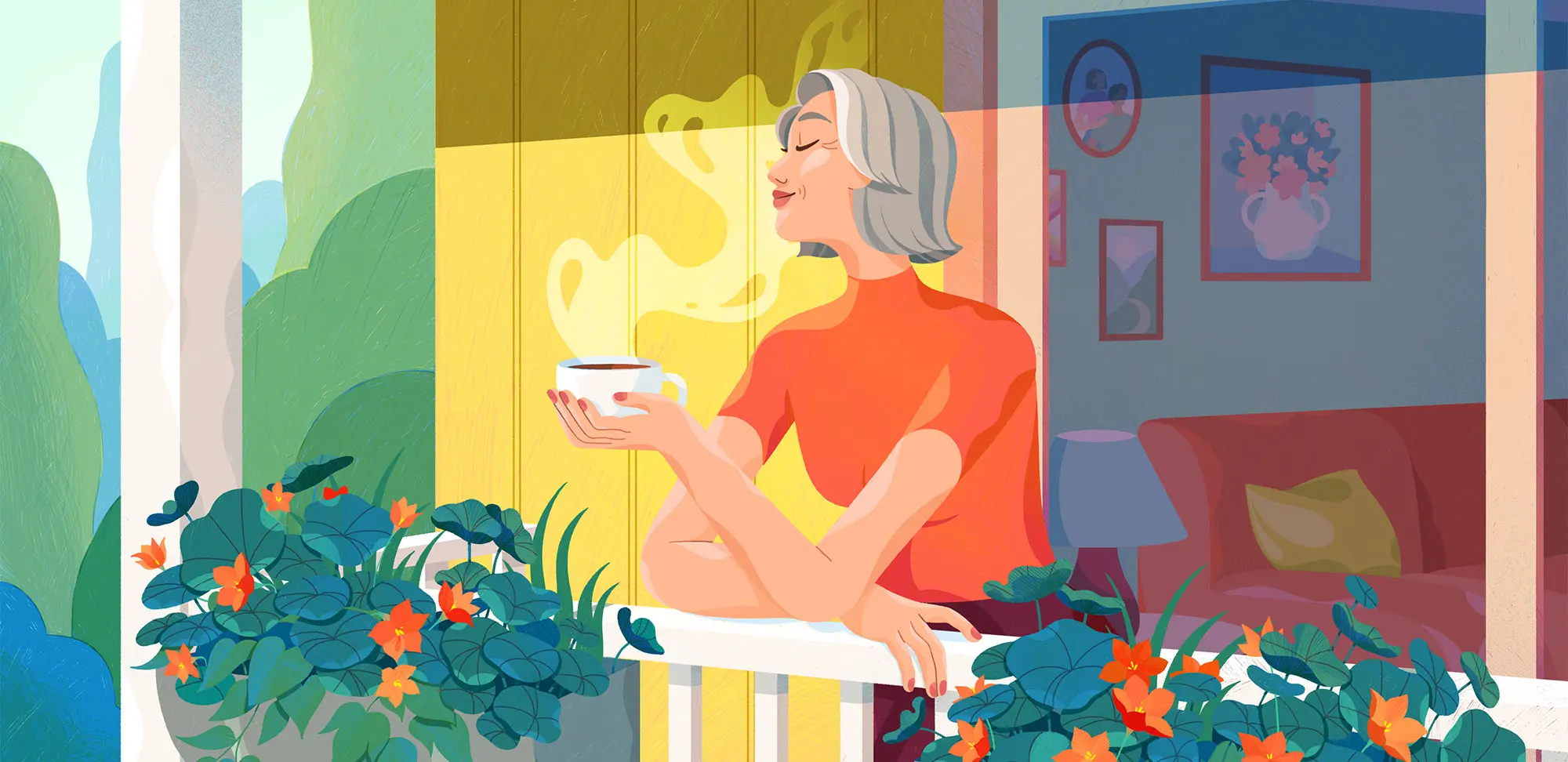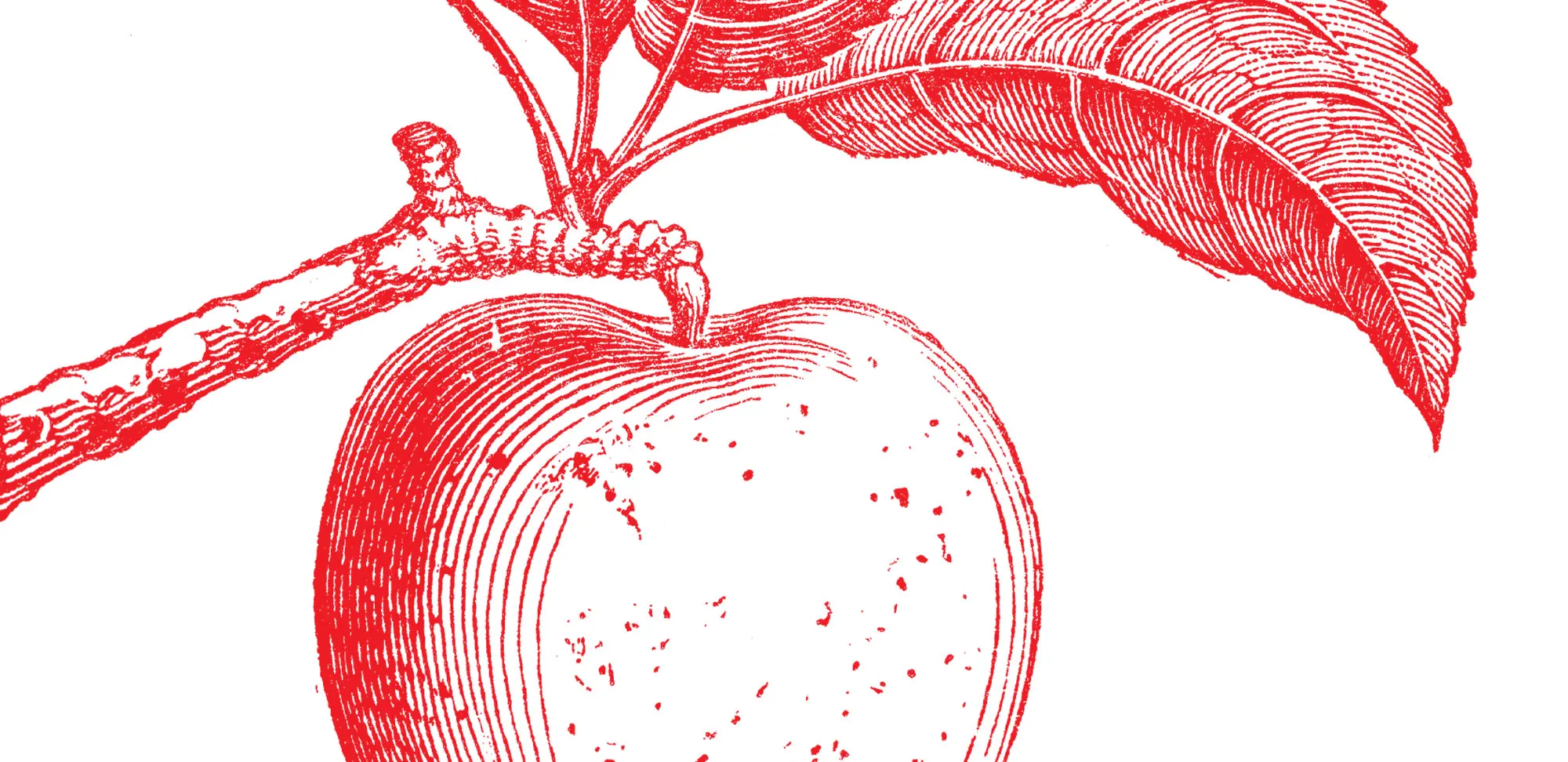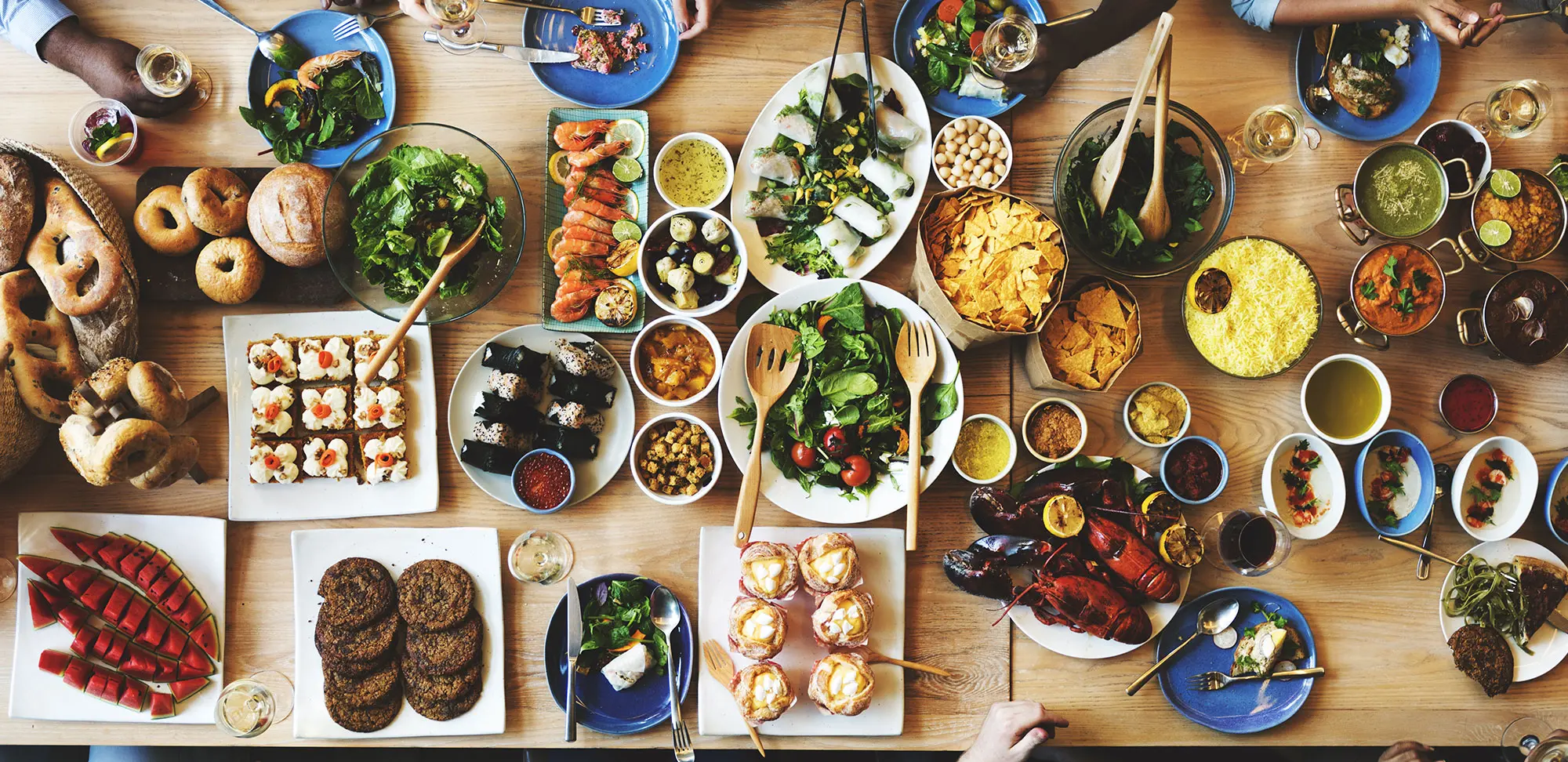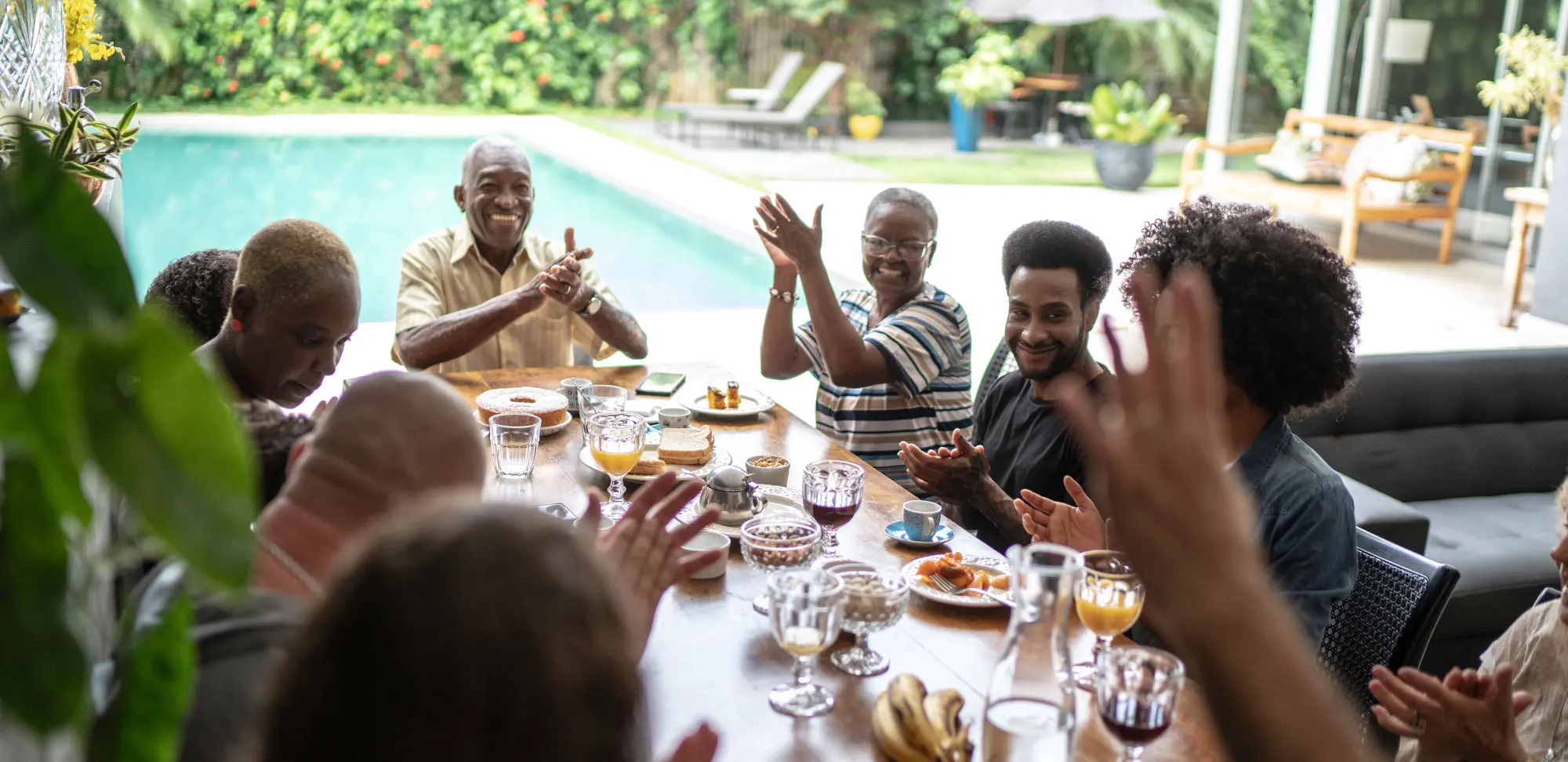When the day is filled with must-dos, with rush-around busyness, it’s easy to take the little joys that come our way for granted — or forget they even happened.
And if we do, or don’t make time for them, we’re missing out on the simple pleasures that give life real meaning. Getting together with old pals for lunch. Watching the sun slowly sink behind the horizon. Exploring a corner of town you’ve never visited before. Losing yourself in a good book. Sending a birthday card — an actual card — to your friend who lives across town.
Simple pleasures are personal. They’re different for everyone, but they have elements in common. We can access them easily and experience them frequently, they cost little or nothing, and they’re critical to our happiness. “I think of them in categories. What are the top five non-negotiable things I need in a day to be well?” says Diana Brecher, a clinical psychologist on the faculty of Toronto Metropolitan University.
Those categories, and what fall under them, are different for everyone. Maybe your buckets are “social connections” (a call with an old friend or getting together with a group), “exercise” (hitting the gym or playing a game of pickleball), “nature” (going for a walk or gardening) and “leisure” (watching a movie or taking time for a favourite hobby).
Whatever those pursuits, “they’re yoked to specific needs. They affect mood. And they’re just what you need at the moment,” Brecher says.
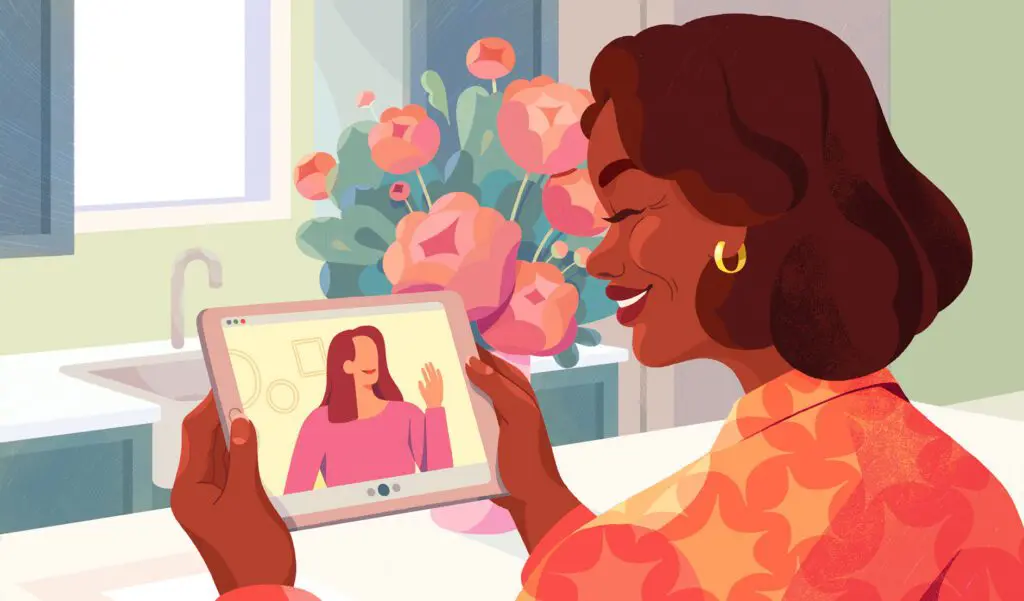
At every stage of life, you have major goals, like studying for a career, landing the job of your dreams, buying a home or planning for retirement. Achieving these milestones can be incredibly satisfying, but pleasure often comes from simple experiences.
In a study published in the journal Nature Human Behaviour, researchers examined what we treasure most, what adds to our sense of what matters. Participants were asked to recall their most consequential events of the past week. What stood out weren’t grand achievements but relatively small and routine joys. One author commented that “people who value the little things tend to have a high sense of meaning in life.”
We can forget that. Too often, we’re not intentional enough about incorporating these delights throughout the day, says Nicole Mead, an associate professor of marketing at York University who has researched the benefits of simple pleasures. She says people can sometimes view simple pleasures as a reward, adopting this mentality: “Get the utilitarian stuff done, and then you can enjoy life.”
Yet simple pleasures, she says, “connect you to your identity, to other people and to your core purpose, and can change the trajectory of our day.”
In other words, savouring simple pleasures isn’t an indulgence.
Think of it this way. For a well-balanced diet, we eat nutritious meals and maybe then consider cookies or a bag of chips as a treat. In a well-balanced life, simple pleasures aren’t the treat; they’re the main course.
Along with making time for simple pleasures, we have to consciously appreciate and make the most of them, says Anne Wilson, a professor in the Department of Psychology at Wilfrid Laurier University. “The concept of savouring is important,” she says.
Much of what we do, whether for work or fun, happens on autopilot or amidst distractions. You want everyday delights to have more of an impact? “Pause to enjoy the moment, and pay attention to what you’re doing and the pleasure it’s bringing you,” Wilson says.
Sometimes, that requires a conscious choice of what we place in the foreground or background, Brecher says.
Consider a family gathering. It’s easy to dwell on petty family squabbles, the cousin who gets on your nerves or the sister-in-law who didn’t offer to help. Will that be in your foreground while someone is telling a wild story that has everyone howling? If so, you’ll miss out on the simple times that make for immediate joy and lasting memories.
“Whenever possible, we need to get the most out of every moment,” Brecher says. “It’s about being mindful.”
Another obstacle to latching on to simple pleasures is the fallacy that going “big” makes us happier. Buying a new car, taking a fancy vacation or splurging at a shop can give us a jolt. But only temporarily. That’s the nature of what’s known in psychology as “hedonic adaptation.” After a positive (or negative) event, and a temporary change in our feelings, we quickly return to a baseline level of happiness.
What happens to the initial buzz? “It fades,” Brecher says. When it comes to stuff, she says, “we start to take it for granted, see its flaws or don’t think it matters anymore.”
Eventually, the new wheels become an old car with a ding. But you know what gives you joy? The song on the radio that has you belting the lyrics with the car windows down.
We need to jump off the hedonic treadmill, Wilson says. “Big events are often very pleasurable but don’t have sustaining power. You can think of daily pleasures as a lot smaller, so you don’t value them as much, but they accrue over time.”
The value is enormous. Ipsos surveyed more than 20,000 adults in 30 countries about what does or could make them happiest. Having good physical and mental health were numbers one and two. But respondents also said that having friends is as important as having more money and that hobbies are as important as basic food and shelter.
“Pause to enjoy the moment, and pay attention to what you’re doing and the pleasure it’s bringing you.”
—Anne Wilson
Another survey by Leger asked Canadians to rate their level of happiness and what influences it. Higher scores are connected to a way of life where people are “more in the moment,” explained Dave Scholz of Leger. In the survey, 44 per cent of people aged 18 to 54 reported high happiness scores, but that jumped to 61 per cent for those 55 and up. The ability to seek and enjoy simple pleasures as we age may be part of it.
A series of studies from researchers at Dartmouth College and the University of Pennsylvania examined the experiences that people recall, plan, imagine and post on social media. Past research has shown that experiences bring greater happiness than material possessions. But which experiences?
These studies involved participants aged 18 to 79. The researchers found that younger people gain more happiness from “extraordinary experiences” — the uncommon and infrequent. However, as we get older, “the ordinary experiences that comprise daily lives” and that “are emotionally satisfying in the present” become increasingly associated with happiness.
Simple pleasures also play a functional role, Mead says. That was a conclusion of one of her studies, published in the Journal of the Association for Consumer Research.
Mead and her fellow researchers asked a group of participants to track their days for a week. Each morning, participants committed to goals they wanted to work on that day. Five times a day, the researchers reached out to ask whether participants were experiencing a simple pleasure (something brief, personal and positive), a small annoyance or neither. Each night, participants wrote down how happy their day was and what progress they had made on the day’s objectives.
On days when people experienced high numbers of simple pleasures, they were better able to meet their goals. And on days with few simple pleasures, their daily hassles loomed larger and they made less progress on their to-do list. Looking at it another way, Mead says that having tunnel vision around big goals can prevent us from experiencing simple pleasures.
So curl up with popcorn and binge a favourite show. Sing in the shower. Make someone laugh.
Mead says that her study underscores how simple pleasures, beyond being gratifying, can energize you, act as a buffer against small annoyances and daily stresses, and help you reach your aspirations.
“There’s nothing simple,” she says, “about simple pleasures.”
